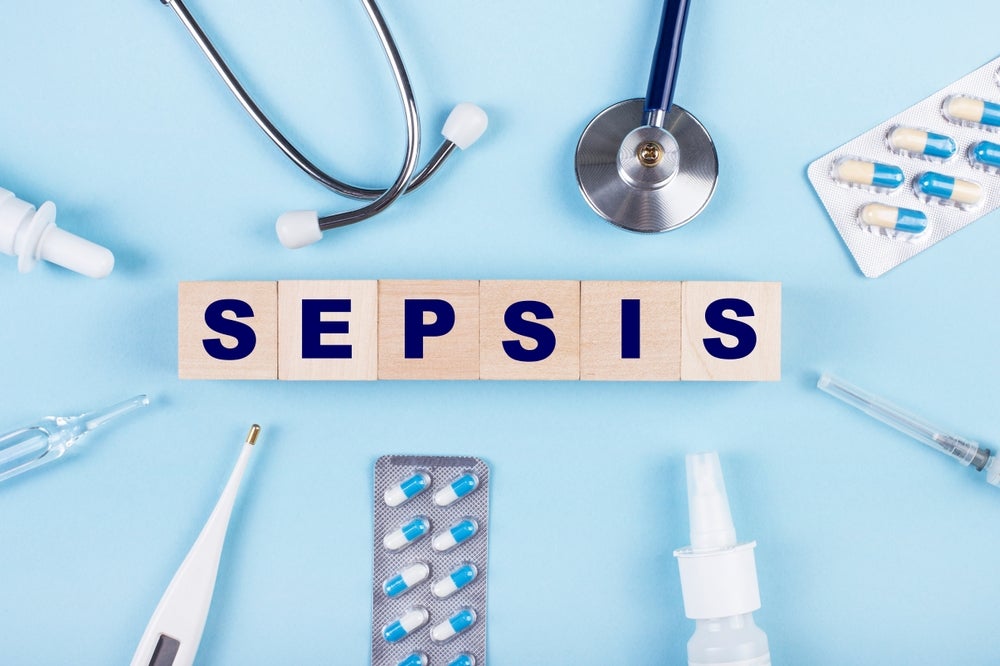World Sepsis Day, which takes place annually on 13 September, aims to raise awareness of the devastating condition that claims 11 million lives globally each year. More than 7,000 facilities and organisations around the world are expected to take part in World Sepsis Day, hosting events such as the provision of medical education, sporting activities and fundraising events.
The international campaign provides an important opportunity to enhance poor understanding and awareness of sepsis among healthcare professionals and the public. Awareness of sepsis is incredibly important, especially since the outcome of this disease is highly dependent on timely diagnosis and rapid initiation of therapeutics. There is a lack of funding in this area, and it is hoped that increasing awareness will encourage more investment in sepsis research.
Sepsis is a life-threatening and complex disease caused by a dysregulated host immune response to an infection. The most common pathogens for sepsis are gram-positive bacteria, such as staphylococcus spp. Gram-negative infections, caused by pseudomonas spp or escherichia coli, are among the second most common pathogens responsible for sepsis, followed by fungal infections, whereas the incidence rates of viral and parasitic sepsis are very low. Although any type of infection (bacterial, viral, fungal, or parasitic) can lead to sepsis, people suffering from pneumonia, abdominal infection, kidney infection and bloodstream infection (bacteremia) are more likely to develop the condition. Sepsis can develop into septic shock, in which underlying circulatory, cellular and metabolic abnormalities are profound enough to substantially increase mortality. This can lead to multiple organ failure and death, especially if it is not recognised early and treated promptly.
The condition lead to multiple organ failure and death
Currently, treatment for sepsis relies on the rapid administration of antibiotics and fluid resuscitation to fight the infection and regain organ function, along with the use of vasopressors to correct for the persistent hypotension seen in septic shock, and other supportive care. However, no drug specifically targets the underlying pathophysiological processes that cause sepsis, as currently, only symptomatic treatments are available. This represents a big unmet need within the indication. A lack of understanding of the underlying pathophysiological processes also contributes to this issue.
According to GlobalData, there are currently 14 drugs in late-stage clinical trials (pre-registration, Phase III and Phase II) in the eight major markets (8MM: China, France, Germany, Italy, Japan, Spain, the UK and the US). Key opinion leaders (KOLs) interviewed by GlobalData acknowledged that the high failure rate of drugs in sepsis clinical trials has created a sense of skepticism. Examples include Phase III trial failures for AM Pharma’s reCAP (REVIVAL study) and Asahi Kasei’s thrombomodulin alfa (the SCARLET study).
KOLs believe that the failures in clinical trials are largely due to the use of inappropriate trial endpoints and employing heterogenous study groups. Increased use of AI could help to address the issues with sepsis clinical trial design by identifying homogenous study populations via specific biomarkers and matching these patient subgroups to specific drugs under investigation. This could increase the likelihood of approval of certain drugs for the treatment of sepsis.

US Tariffs are shifting - will you react or anticipate?
Don’t let policy changes catch you off guard. Stay proactive with real-time data and expert analysis.
By GlobalData





